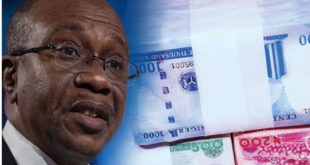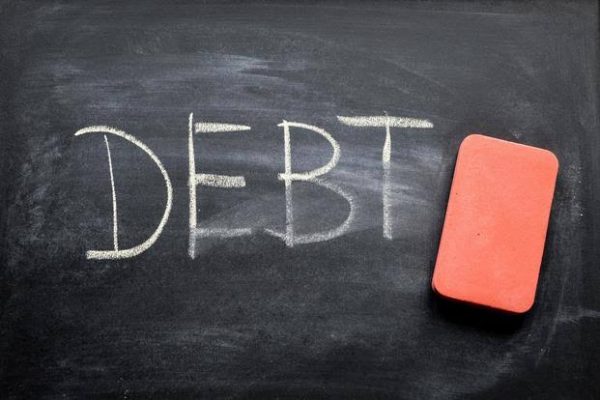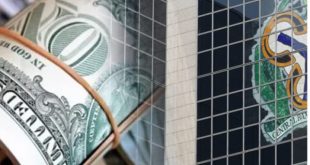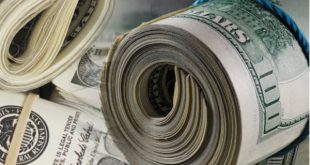
Data released by the Debt Management Office (DMO) has revealed that the World Bank Group controls a total of 62 per cent of Nigeria’s public external debt at end-September this year.
Analysis of the data also revealed that the International Capital Market (ICM), where the federal government raised $1billion Eurobond has 16 per cent.
Others are: bilateral lenders, 12 per cent, African Development Bank (AFDB), 8 per cent and 2 per cent by other lenders.

The quarterly data from the DMO also showed that public external debt at end-September at $9.52 billion, equivalent to 1.9 per cent of revised 2013 gross domestic products (GDP).
Analysts at FBN Capital who described Nigeria’s external debt burden as negligible, said the increase of $140 million over the previous quarter is divided between multilateral creditors (the World Bank Group) and bilateral lenders (China’s Exim Bank).

“The DMO’s medium term strategy of May 2013 set a target of 60/40 for the optimum mix of the FGN’s domestic and external debt obligations. Our estimates suggest that the blend was 84/16 in September. Last year’s $1 billion Eurobond issue moved the balance towards the target, “said analysts at FBN Capital.

The federal government, they noted, has not tapped the international capital market in 2014 although it is issuing a maiden diaspora bond to raise up to $300 million.
According to the analysts, “The strategy was driven by relative servicing costs, which the DMO estimated at the time as favouring external debt obligations by about 800 basis points. At the short end of the curve the differential is currently about 100bps higher despite the end of tapering and the prospect of a first hike in the U.S. Fed fund rate in the second quarter of 2015.”
These, they added, were estimates for market borrowing, “Whereas loans on concessional terms from multilateral agencies accounted for 72 per cent of external debt in September. The differential in favour of external borrowings should be adjusted upwards.
“Nigeria’s strong external balance sheet, which underpins its BB- sovereign ratings from both Fitch and S&P, has been weakened by the sharp fall in the oil price. We forecast the surplus on the current account at less than 2 per cent of GDP next year.”
 MMS PLUS NG – Maritime, Aviation, Business, Oil and Gas News Online Newspaper with coverage in Maritime, Oil and Gas, Aviation, Power and Energy as well as Financial News
MMS PLUS NG – Maritime, Aviation, Business, Oil and Gas News Online Newspaper with coverage in Maritime, Oil and Gas, Aviation, Power and Energy as well as Financial News









